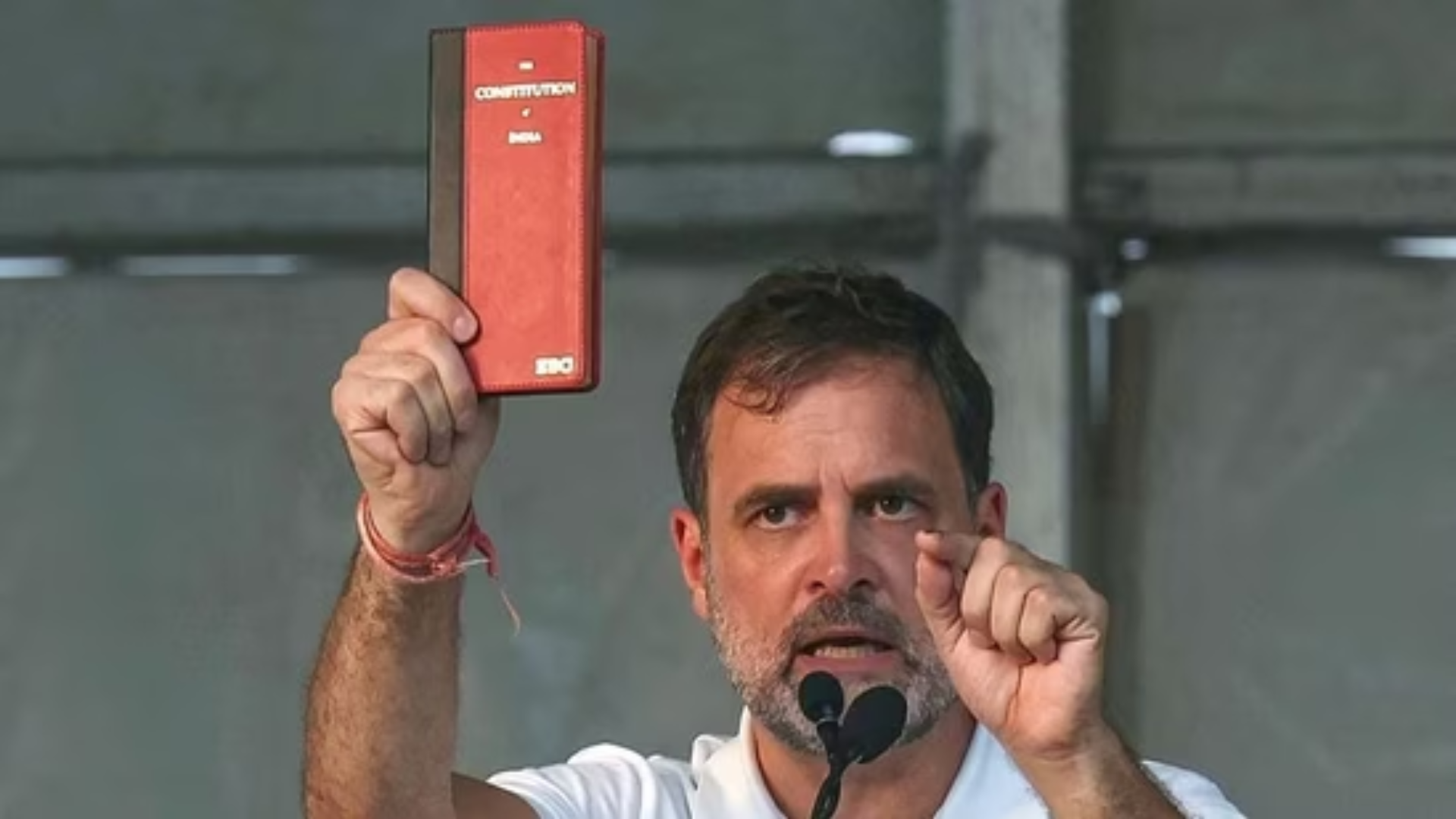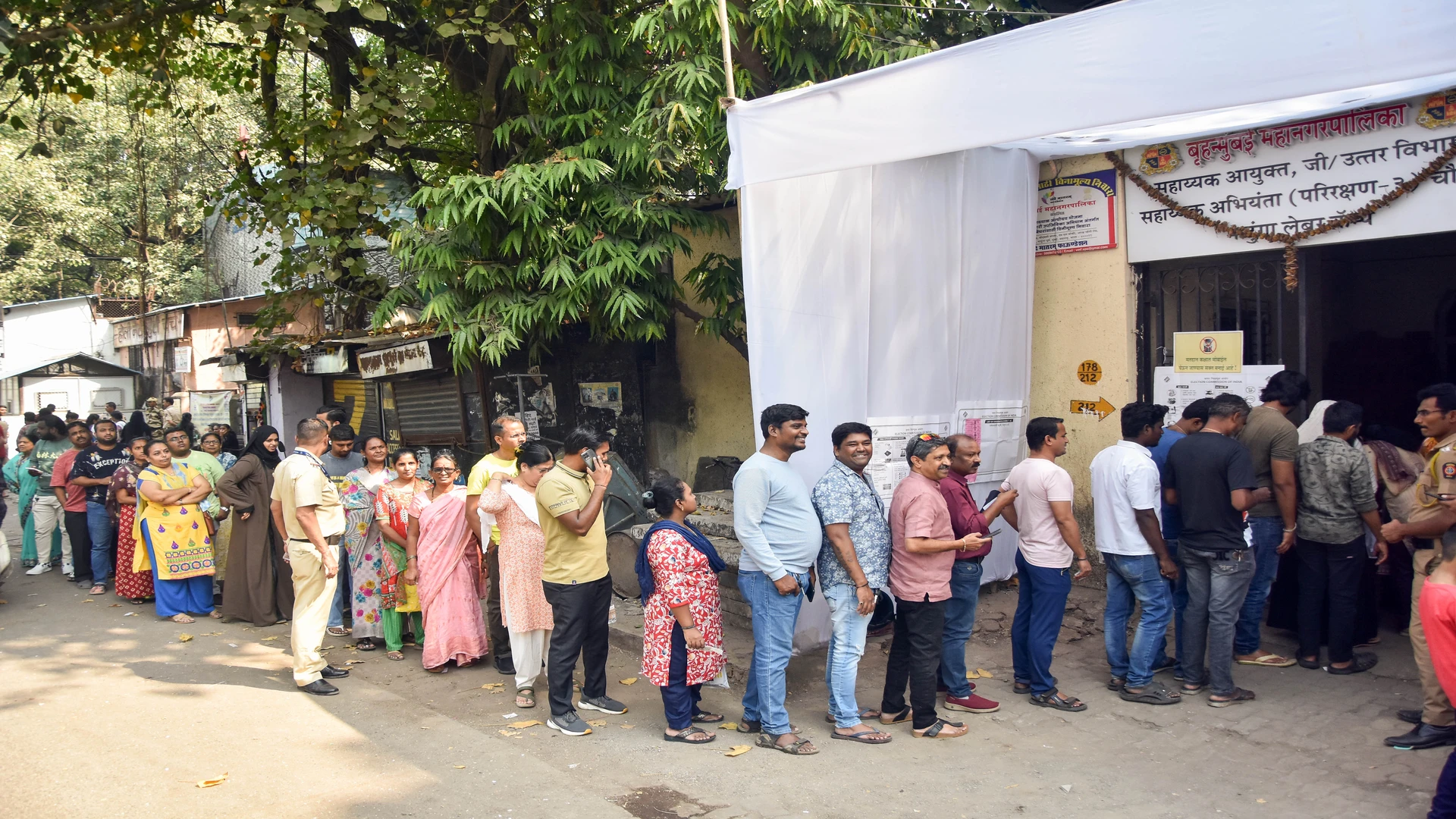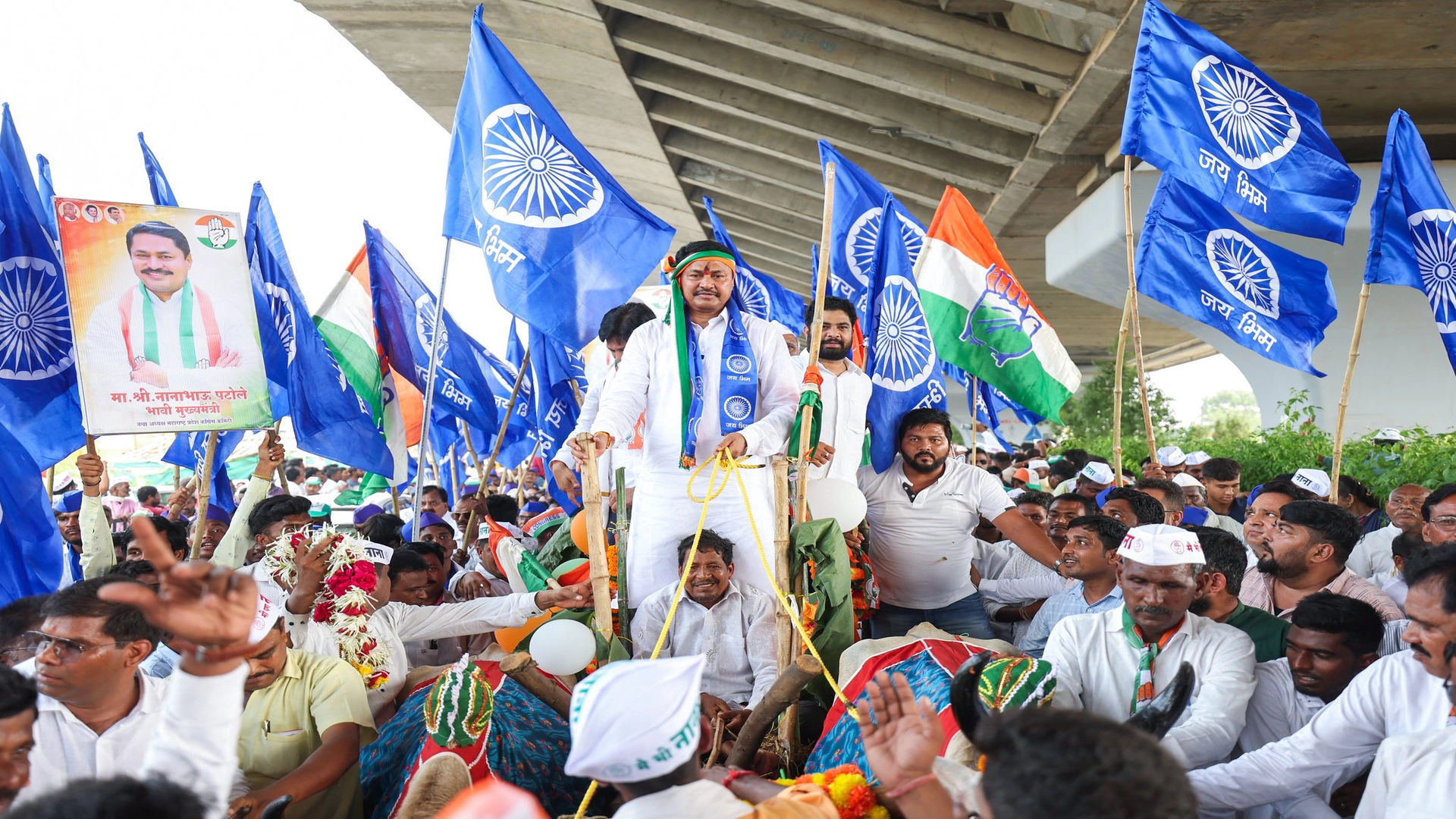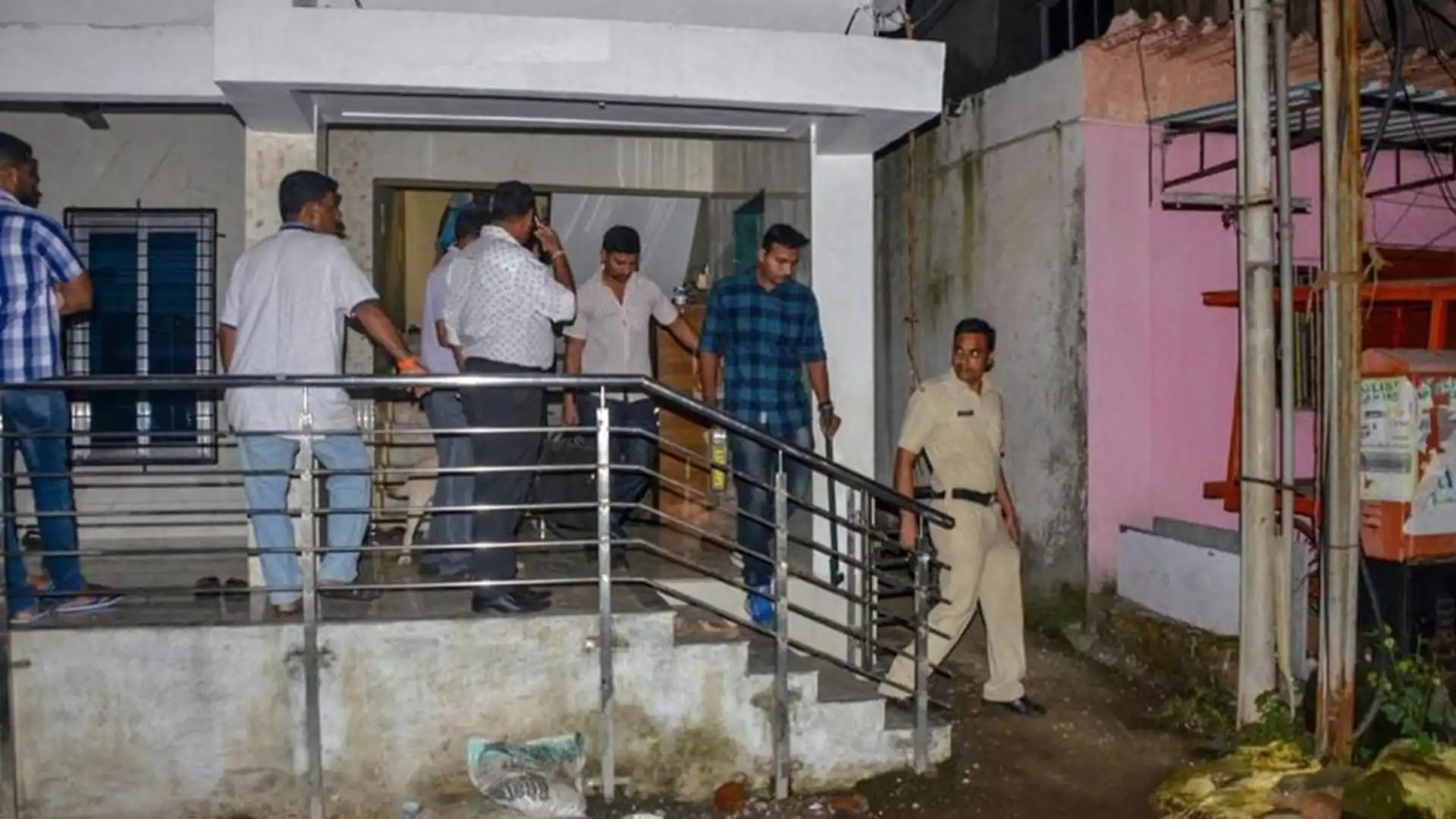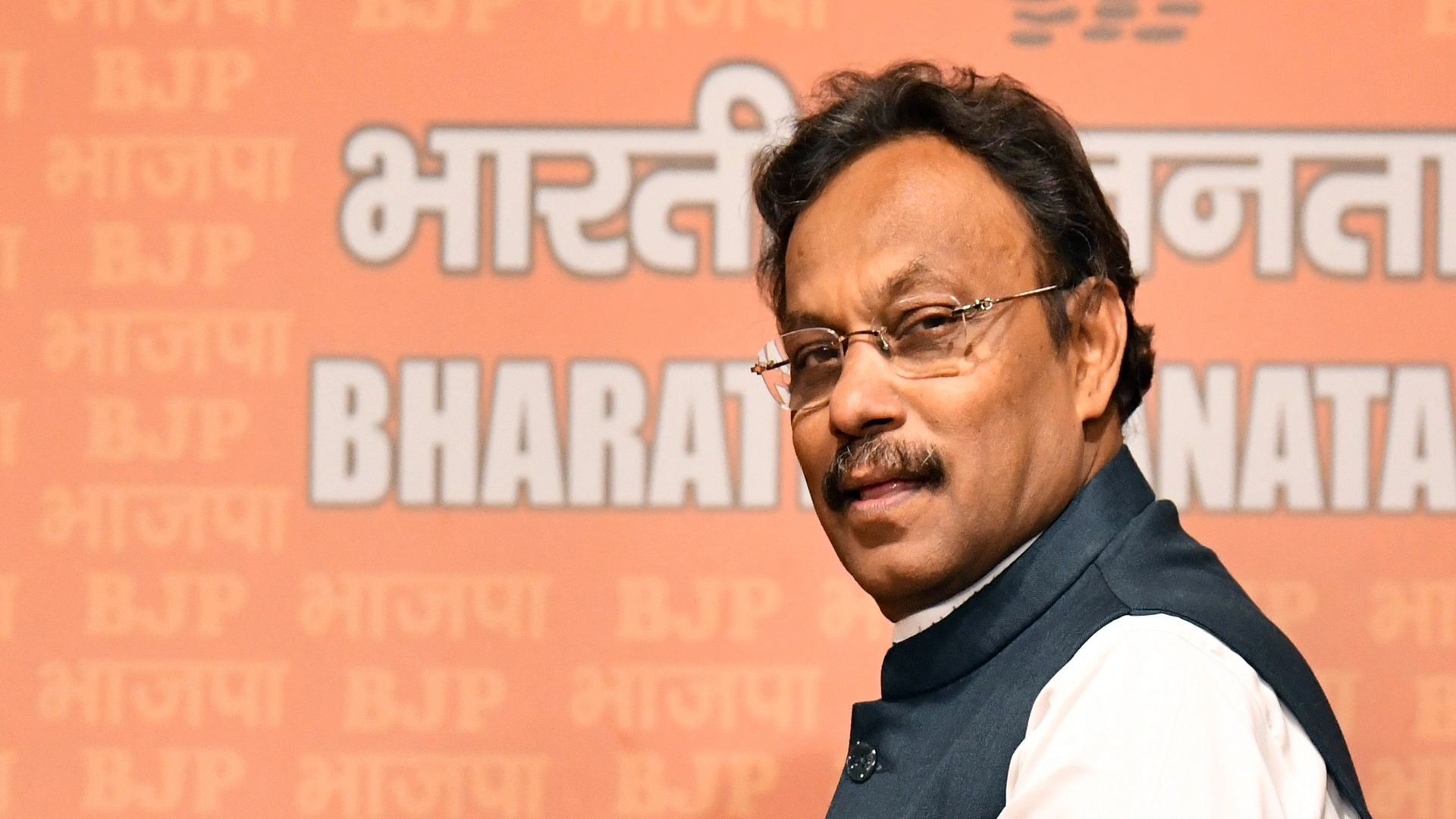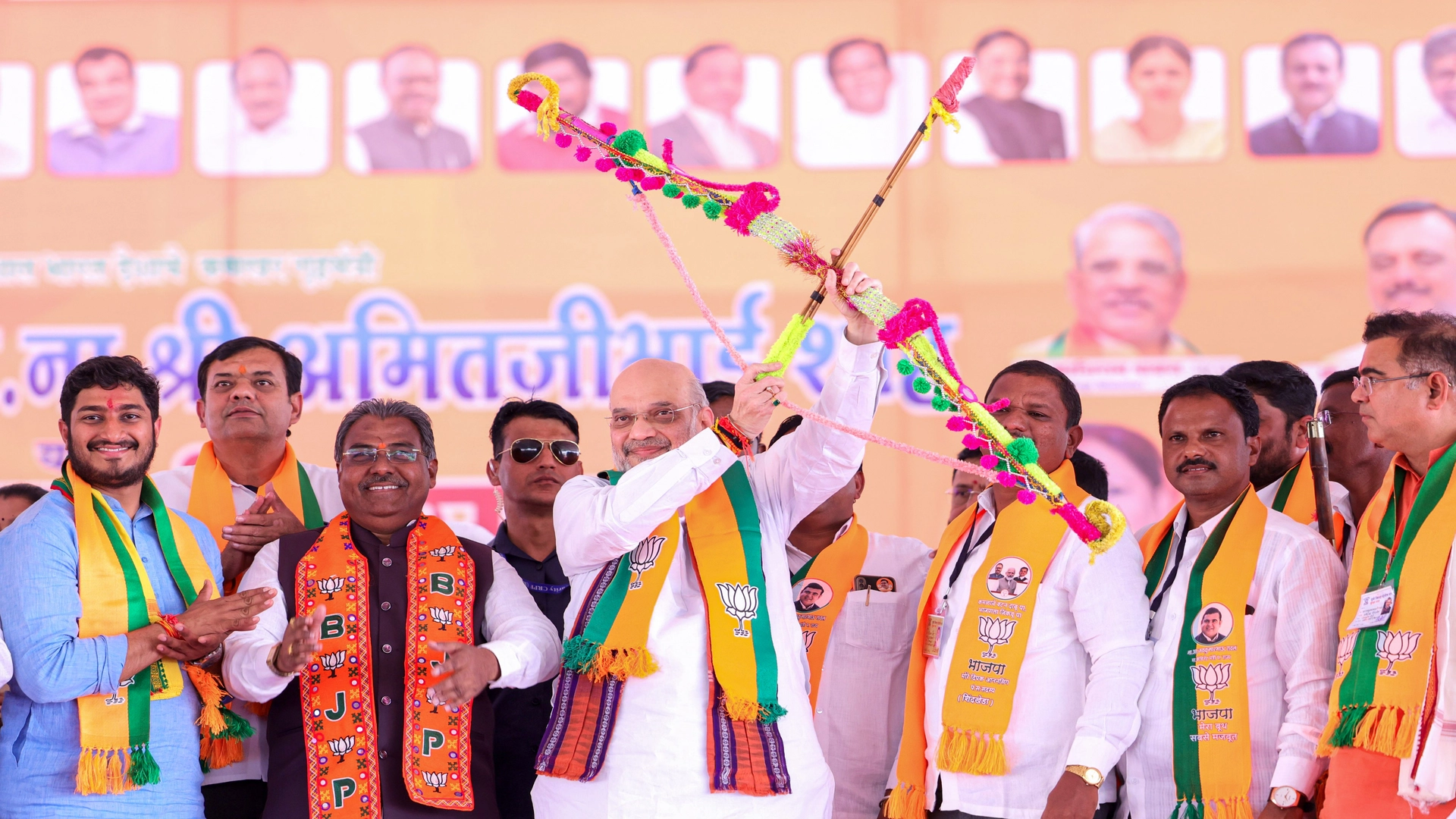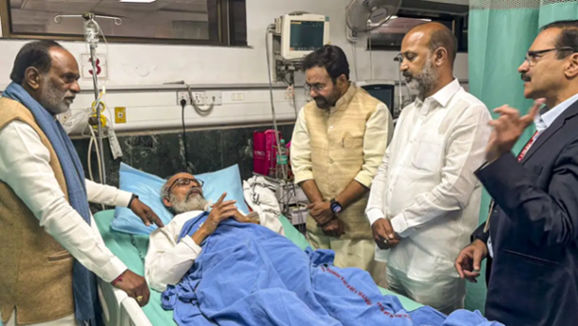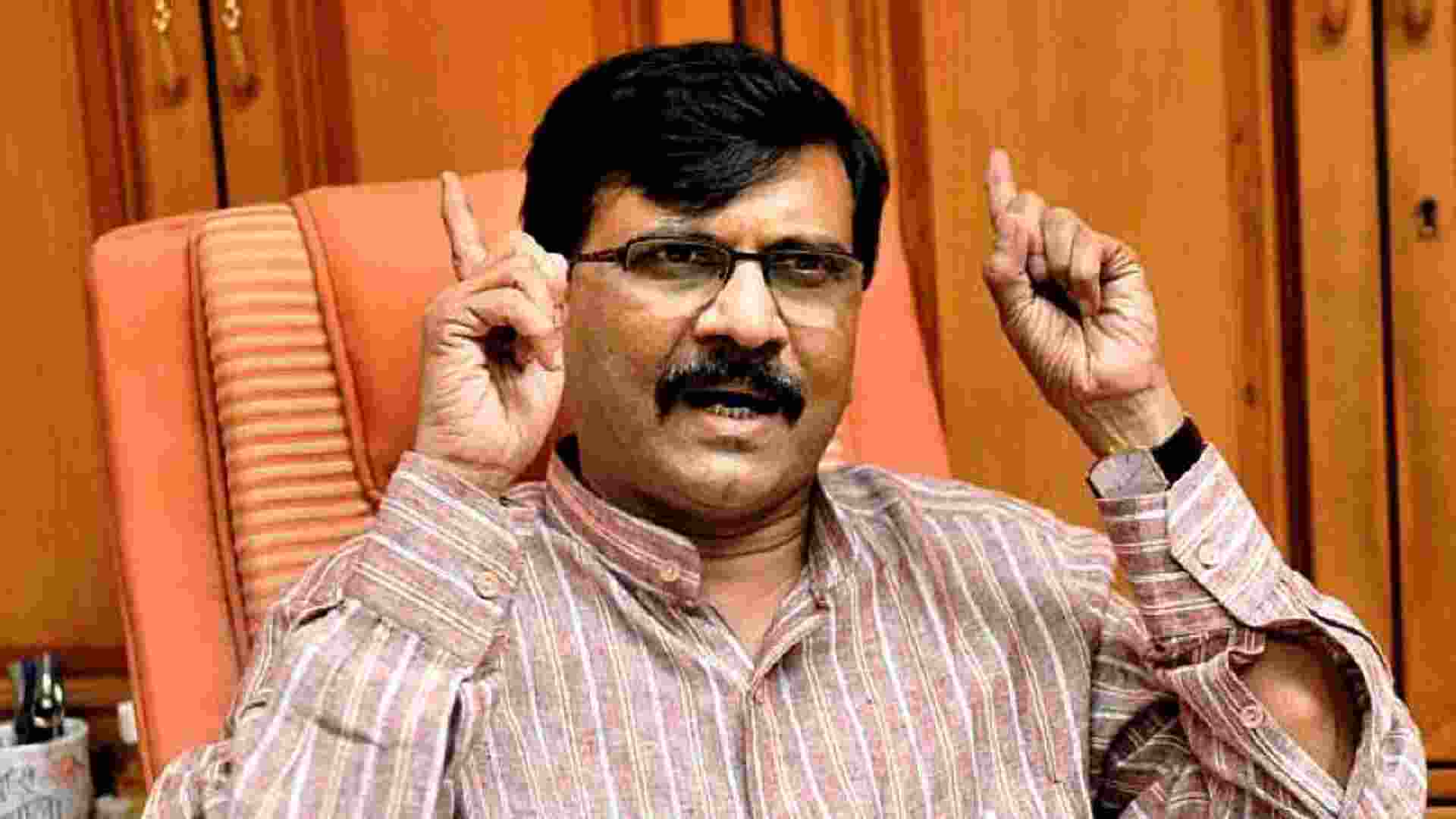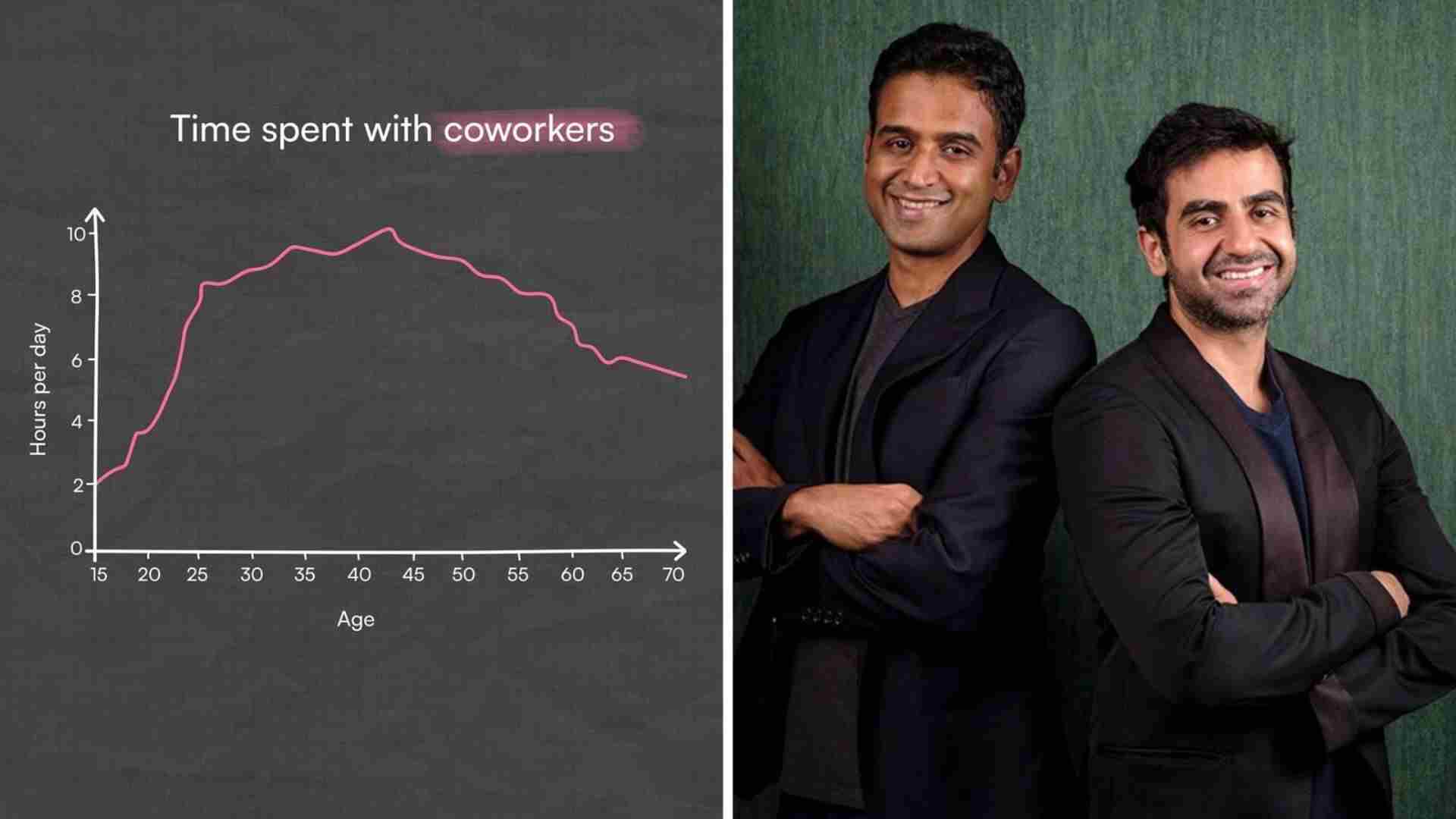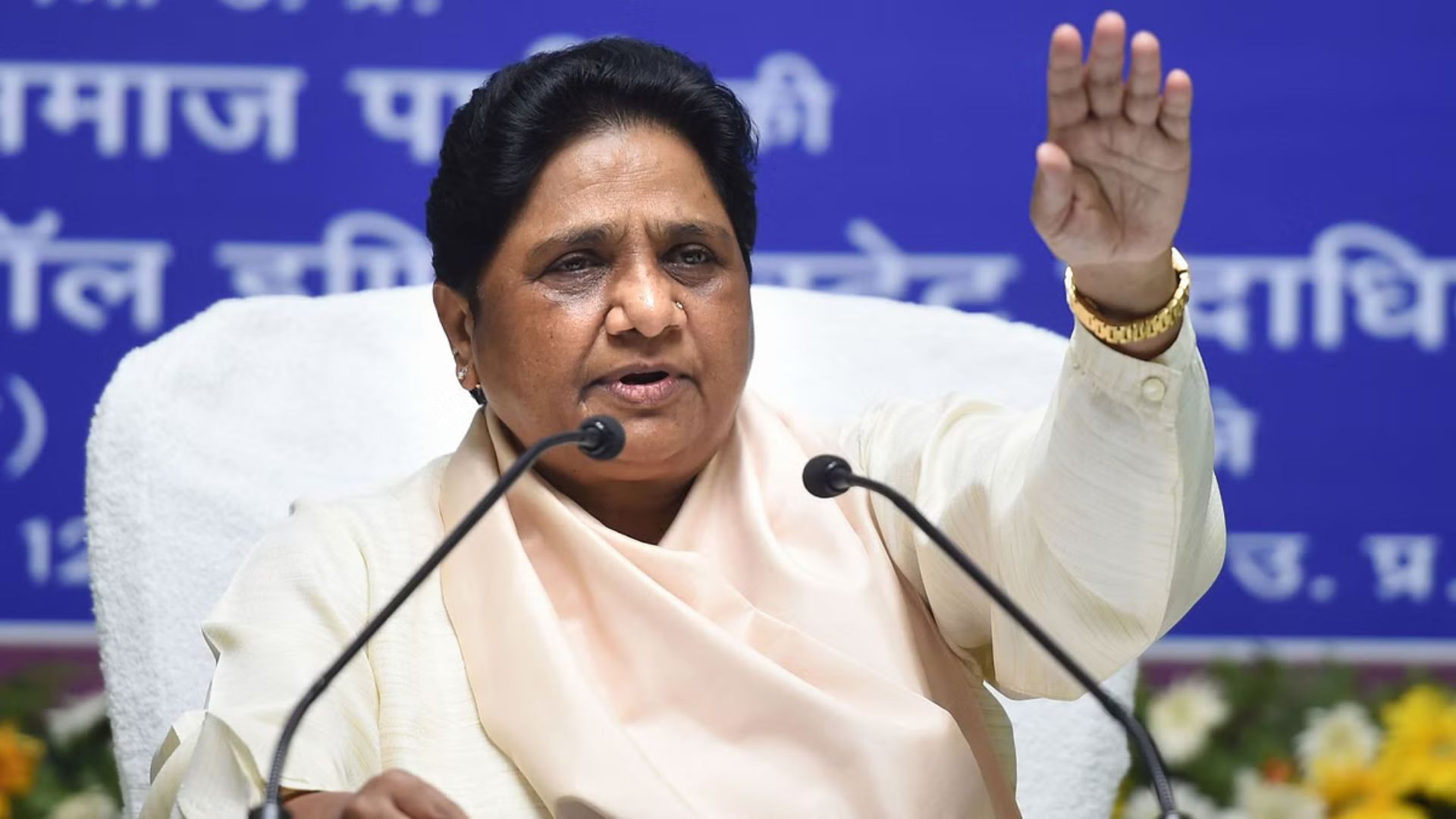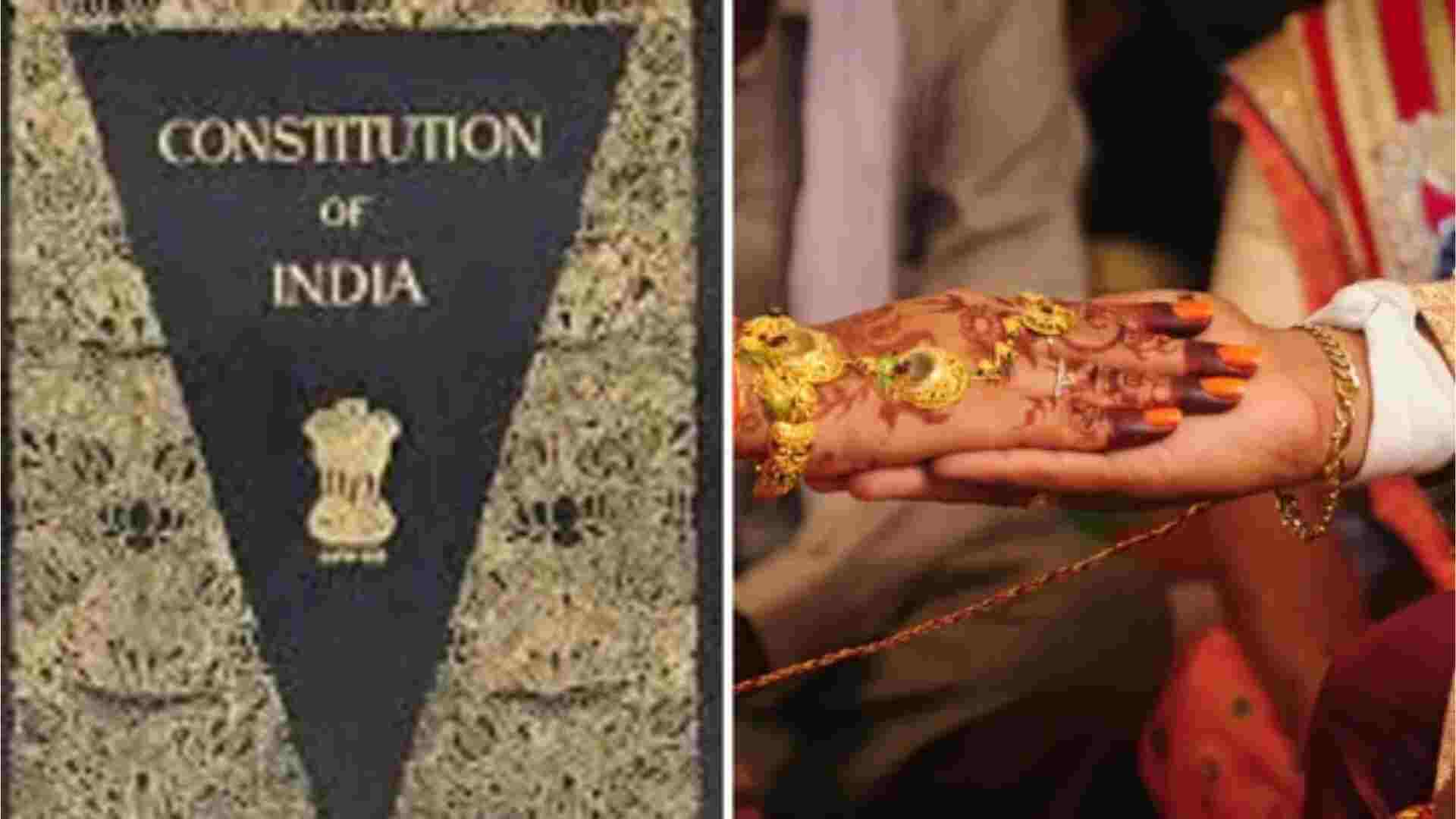Rahul Gandhi finds himself in a classic dilemma between Raebareli and Wayanad. Despite securing victories in both constituencies, he now faces the decision of choosing between Uttar Pradesh and Kerala. However, Gandhi remains non-committal on making a decision, stating that it is a choice that will have to be made but refraining from indicating his preference at this time.
“I can’t stay in two seats but I haven’t decided which one I will give up,” said Rahul Gandhi
As he prepares to make a decision soon, party leaders have already urged him to keep Rae Bareli.
“We will request Rahul ji to retain Rae Bareli,” said UP Congress Committee president Ajay Rai.
Congress Legislature Party leader Aradhana Mishra ‘Mona’ said “People of both the Lok Sabha constituencies have ensured Rahul Gandhi’s election to Lok Sabha by a big margin. So, the choice of one seat will be difficult for him,”
“We want Rahul Gandhiji to retain the Rae Bareli Lok Sabha seat. However, if he decides to retain Wayanad, we will request the Congress high command to field a Gandhi family member. As no other leader will be acceptable here as a candidate, the choice must be Priyanka Gandhi,” said Pankaj Tiwari, The president of district Congress Committee, Rae Bareli.
Rahul Gandhi has won both the Wayanad and Rae Bareli Lok Sabha seats by significant margins, securing his return as an MP from Uttar Pradesh and Kerala. In Wayanad, he defeated CPI’s Annie Raja by 3,64,422 votes, while in Rae Bareli, he won over BJP’s Dinesh Pratap Singh by 3,89,341 votes. BJP’s K Surendran came third in Wayanad, and BSP’s Thakur Prasad Yadav in Rae Bareli.
Rahul Gandhi’s Performance At Wayanad
Since its formation after the 2008 delimitation, this constituency has remained a stronghold for the Congress party, maintaining its dominance since 2009. In the 2019 elections, Rahul Gandhi secured a commanding victory, capturing 65% of the vote share and receiving over seven lakh votes. His triumph was notable, as he defeated CPI’s PP Suneer by a substantial margin of 4.31 lakh votes.
Following his defeat in Amethi by BJP’s Smriti Irani, this constituency has become Gandhi’s primary seat. The recent electoral battle garnered considerable public attention, especially due to the participation of both the Congress and CPI, who are allies in the I.N.D.I.A alliance. Throughout the campaign, Rahul Gandhi engaged with voters through over 100 rallies and public interaction programs held across the country.
Family Legacy in Rae Bareli
Rahul Gandhi’s candidacy from Rae Bareli concludes months of suspense, stepping into the shoes of his mother, Sonia Gandhi, who held the seat until February. The constituency has been a Congress stronghold since 1952, with only three exceptions. If victorious, Rahul Gandhi will become the fourth Gandhi to represent Rae Bareli, joining the ranks of Feroze Gandhi, Indira Gandhi, and Sonia Gandhi.
Rahul Gandhi’s Political Career
Rahul Gandhi entered politics in 2004 at the age of 34, representing the Amethi constituency. Despite the tragic assassinations of his grandmother Indira Gandhi and father Rajiv Gandhi, he delayed his political foray. His debut campaign emphasized unity against caste and religious divisions, winning Amethi by a substantial margin.
Elevated to Congress vice-president in 2013, Rahul Gandhi’s tenure was marked by internal controversies and external challenges. He vocally opposed certain policies of the Manmohan Singh government and faced criticism for the party’s performance in the 2014 general elections, which saw Congress reduced to 44 seats.
His Role In Congress
From 2004 to 2007, Rahul Gandhi maintained a low profile in government roles but actively campaigned for Congress. In 2007, he became the general secretary of the All India Congress Committee (AICC) and took charge of the Indian Youth Congress (IYC) and the National Students Union of India (NSUI). Under his leadership, membership soared from 2 lakh to 25 lakh, marking a significant organizational expansion.
Focus on Farmers and Legislation
Rahul Gandhi’s advocacy for farmers began in 2008, visiting distressed families and highlighting their plights in Parliament. Despite criticism for his low parliamentary attendance, he played a crucial role in UPA’s re-election campaign in 2009, which saw Congress winning 206 seats. His focus on rural employment and interaction with the public through grassroots campaigns strengthened his political presence.
Opposition and Resurgence
Post-2014, Rahul Gandhi emerged as a staunch critic of the Modi government, rallying against policies perceived as pro-corporate. Despite setbacks in state elections, he led Congress to significant gains in the 2017 Gujarat elections. His tenure as Congress president from 2017 to 2019 saw victories in three Hindi heartland states, though the 2019 general elections resulted in another disappointing performance for Congress.
Highlights Of Rahul Gandhi From 2019 Lok Elections
In the 2019 Lok Sabha elections, Rahul Gandhi made a strategic decision to contest from two constituencies: Amethi in Uttar Pradesh, a long-held family bastion, and Wayanad in Kerala, chosen as a safer option. The results were a mix of surprising defeats and significant victories:
- Amethi: Traditionally a stronghold of the Gandhi family, Amethi had been represented by Rahul Gandhi since 2004. However, in a shocking turn of events, he lost to BJP’s Smriti Irani by a margin of over 55,000 votes. This defeat was emblematic of the shifting political dynamics and the BJP’s growing influence even in Congress strongholds.
- Wayanad: Contrasting his loss in Amethi, Rahul Gandhi secured a decisive victory in Wayanad, winning by a margin of over 400,000 votes. This win ensured his continued presence in the Lok Sabha and provided a morale boost to the Congress party, especially in the southern states.
The Congress party managed to secure only 52 seats out of 543, a slight improvement from the 44 seats won in 2014 but still a distant second to the BJP, which won a commanding 303 seats. The results underscored the challenges facing the Congress and the need for strategic rethinking and rejuvenation.
2024 Election Campaign
Leading the Congress campaign for the 2024 elections, Rahul Gandhi promises five guarantees to the youth, including job assurances and social protections. The Congress manifesto also pledges to repeal contentious laws, probe electoral bond schemes, and conduct a nationwide caste census.
As the results await, Rahul Gandhi’s journey reflects resilience and a commitment to his family’s political legacy. His dual candidacy from Rae Bareli and Wayanad underscores his strategic focus on key constituencies. The forthcoming results will determine whether Rahul Gandhi can revive Congress’s fortunes and cement his role in India’s political landscape.

